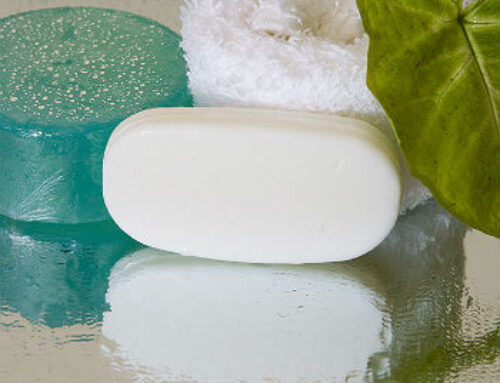Though advice about preventative health is often geared towards children, adolescents, and young adults, living a healthy life is just as important as you enter your golden years. After all, you still have years ahead of you to enjoy! Do all you can to prevent big health problems from disrupting your future.
Regular check-ups and visits with a healthcare professional, a healthy diet, and continuing to exercise when possible are all important aspects of preventative care. Here are some ideas to help you maintain (or get started) incorporating preventative health in your life.
A Trusted Healthcare Professional
Perhaps the most valuable asset to preventative health is a well-informed doctor or nurse practitioner. Don’t be afraid to spend time looking for a physician you really trust; this person will be a major source of information and care before, during, and after all kinds of health situations.
Don’t underestimate the importance of a great nurse or nurse practitioner. According to Bradley University, nurses are vital to preventative healthcare because of their ability to educate patients and the community on a variety of health topics; their focus on helping high-risk demographics; and their knowledge of services that patients are entitled to. Historically, healthcare has concentrated on treating existing diseases, making doctors the primary caregivers. However, nurses are a vital resource with the current shift toward disease prevention.
A Nutritious Diet
Naturally, an integral part of preventative health is having a quality diet. While finding the right healthcare professional can take time and involve a great deal of trial and error, you can take a quick trip to the grocery store and stock up on nutritious foods today. You have control over what you eat, making this an easy way to introduce (or continue) preventative care in your life.
A nutritious diet can help with a variety of short- and long-term health problems, including, but not limited to, high blood pressure, acid reflux, and maintaining a healthy weight. Avoid fatty foods and alcohol. Incorporate plenty of fresh produce, lean sources of protein, and healthy fats into your diet to make lasting changes.
Adequate Exercise
Being physically active is another necessary component of preventing future health problems. Some of the benefits of regular exercise include decreased risk of cardiovascular disease, increased prevention of falls and arthritis, and improved quality of sleep.
Though staying active can be more difficult as you get older, don’t let that be an excuse to skip it altogether. You can control the type, amount, duration, and intensity of your workout. You don’t have to spend hours at the gym every week; try to find ways to exercise that work for your age and ability level. With so many options to explore, you can make exercise an enjoyable way to improve your health instead of something you dread doing.
These are only a few ideas to integrate preventative health in your life. Taking any steps toward a healthy future will set you up for success later in life, regardless of what you choose to do. Ultimately, you know what your health needs are, so don’t hesitate to shape the preventative paths you want to take.
Brooke Faulkner is a senior rights advocate and mother of two in the Pacific Northwest. She loves spending time with friends and family at the assisted living facility near her home, and has collected more stories there than she can count.






